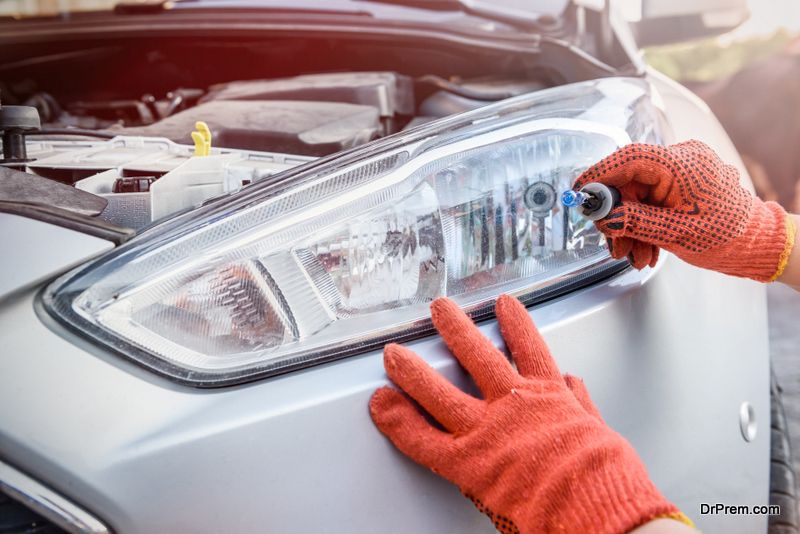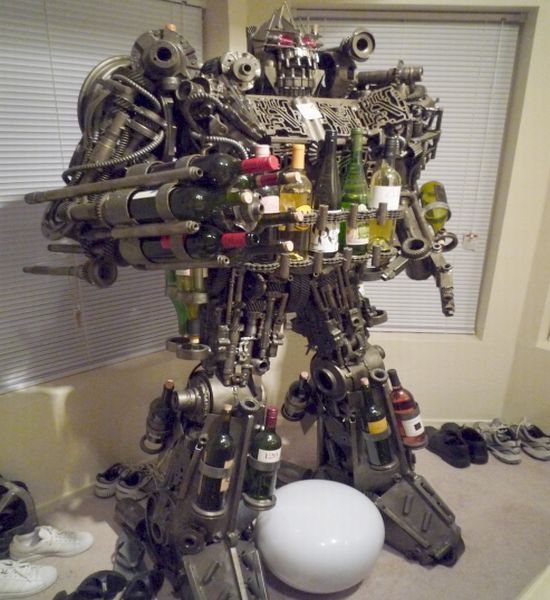Just like any other machine, your car needs regular maintenance to run optimally. Every time you drive your vehicle, the engine parts are used and eventually wear down over time. This is natural and unavoidable. Even new Ford vehicles need tender loving care to stay happy and healthy for years to come!
Keep reading for six things about keeping your car in good condition. Here are six things your auto mechanic could tell you about keeping your vehicle running great.
1. Alignment
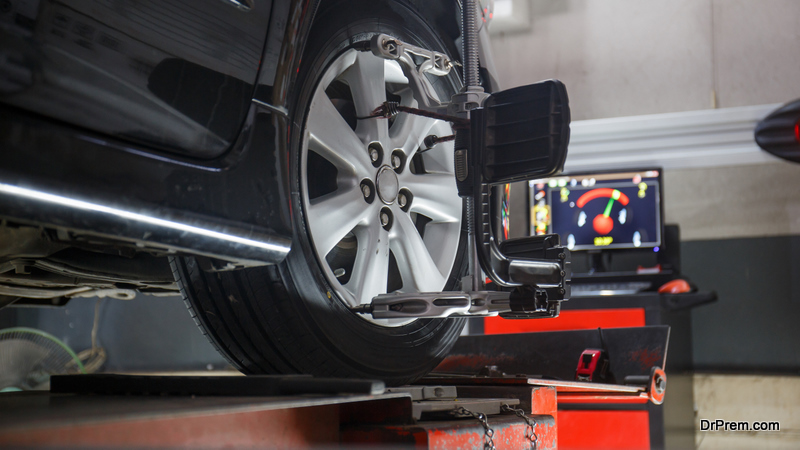
Bumps in the road can send your car out of alignment. It’s not as exciting as a new stereo system or a killer paint job, but an alignment will keep your car running straight and smooth for a longer distance.
By keeping up on alignments, you’ll avoid the dreaded “throwing a bearing” when a bearing fails and allows your wheels to turn at different angles. This is dangerous and could cause your car to veer off the road, causing significant damage to the vehicle or other objects, such as trees or power lines. You also want your wheels spinning straight so you don’t have traction issues.
2. Engine Light
If your “check engine” light goes on, it might be time for a trip to the auto mechanic for some diagnostics. You may have a loose gas cap (those are notorious for letting air pass by). However, it might be time for a new spark plug if that light comes on and never turns off.
A loose or misaligned spark plug can cause the engine to run rough or even stall. A failing fuel sensor is the most common cause of a check engine light. The fuel sensor is responsible for monitoring the amount of air entering your engine and sending that data to your OBD-II (onboard diagnostics) computer via your gas cap. A faulty sensor will read an incorrect value and throw a check engine light message. If you have an issue, bring it in for testing by an expert at your local auto repair shop.
3. Coolant and Transmission Fluid
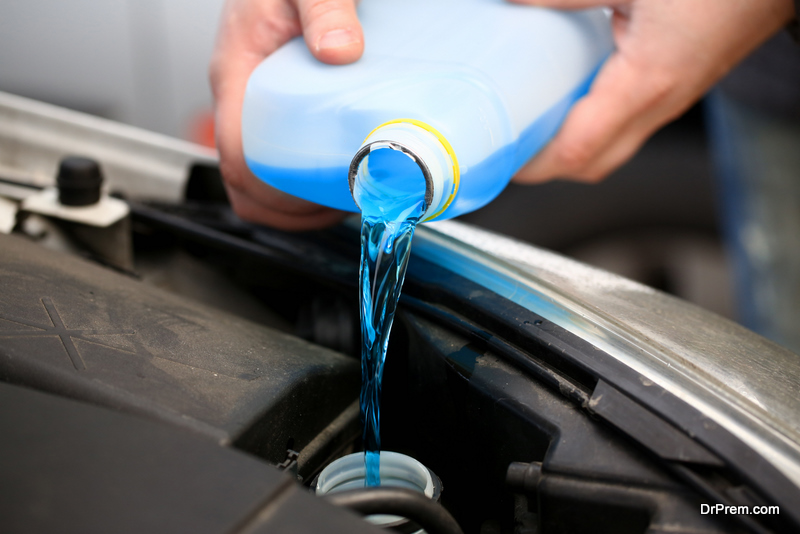
You’ve probably heard that keeping your car’s coolant and transmission fluid at the proper levels is essential. The coolant is responsible for maintaining the engine operating in the temperature range that is best for efficiency, while the transmission fluid lubricates over 300 moving parts.
A car will wear out quicker if they run too hot or too cold. An auto mechanic can help you determine the best levels for each and how often to check them.
4. Air Filters
One of the least glamorous maintenance tasks is replacing your air filter. One thing it is not, though, is optional. Your engine needs a clean airflow to run at peak efficiency. A dirty air filter can increase your fuel consumption by over 10% and make your car sluggish when trying to accelerate from a red light or onto a freeway ramp. This can lead to a bad commute or, worse, an accident.
Don’t take chances. Many cars are sold with a lifetime air filter, but you might miss out on better gas mileage and increased performance if you choose to go without one.
5. Frequent Tune-Ups
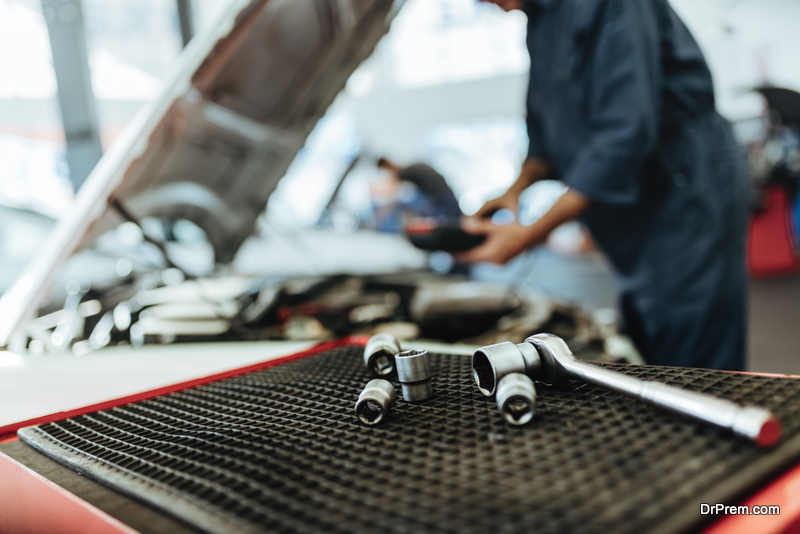
It’s essential to take your car in for regular tune-ups. Your mechanic will help you determine what schedule best suits your needs, whether every six months, once a year, or every two years. Suppose you’re running a newer car mostly made of plastic with many electronic components such as an automatic transmission. In that case, it is recommended to have them tuned up every three years.
6. Headlights
Lighting can be the difference between driving safely and not. Your headlights are essential for visibility, letting other drivers know you’re on their side of the road. If you leave them on, they may consume more battery life than usual because they need to run longer than expected to maintain a full charge from not being used as often.
In today’s world, it’s not just about cars anymore. As a driver, it is essential to take care of your car, but at the same time, you should also be concerned about checking other machinery you use. A little bit of your time and attention can go a long way in the longevity of your car.
Article Submitted By Community Writer


